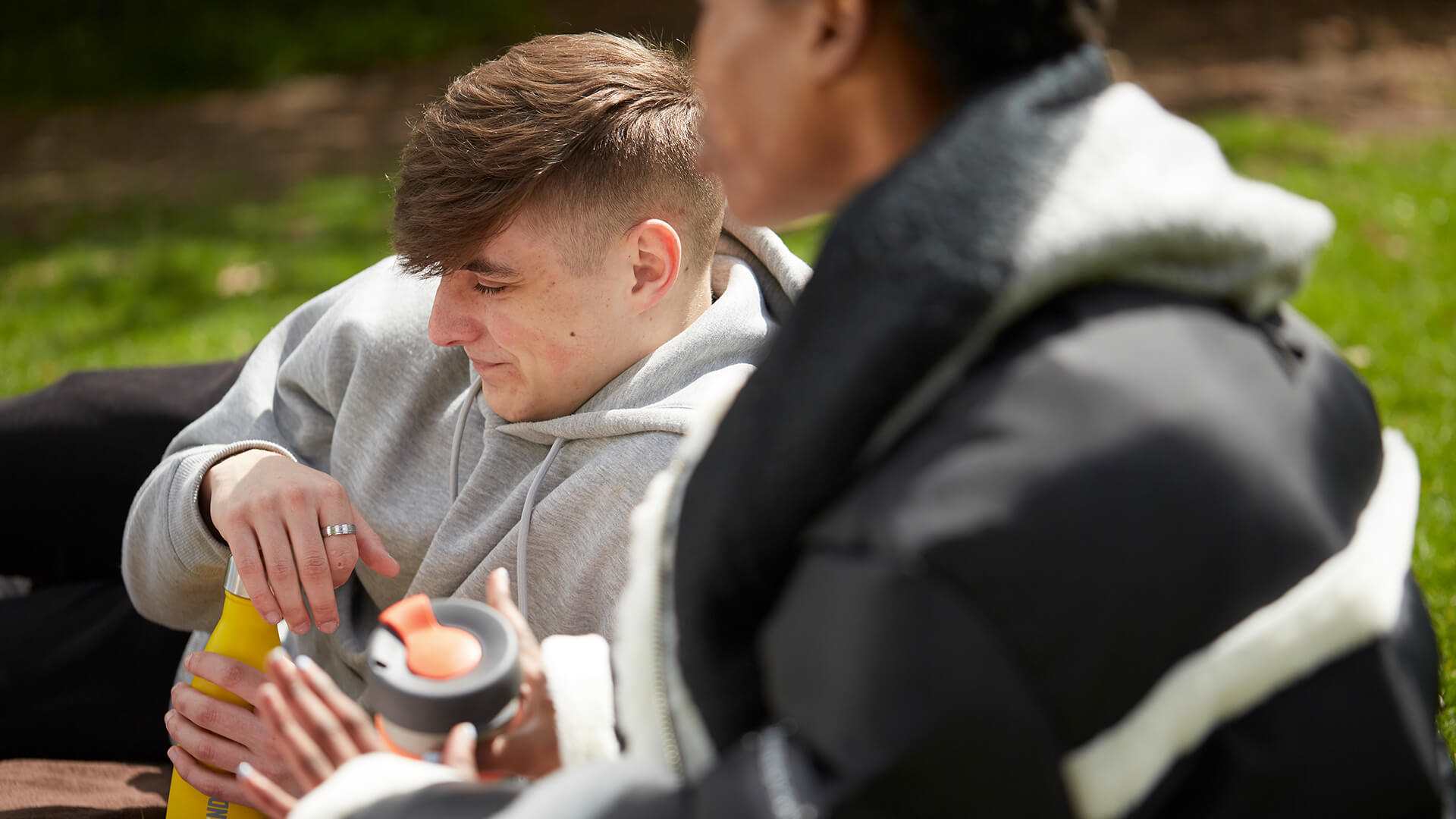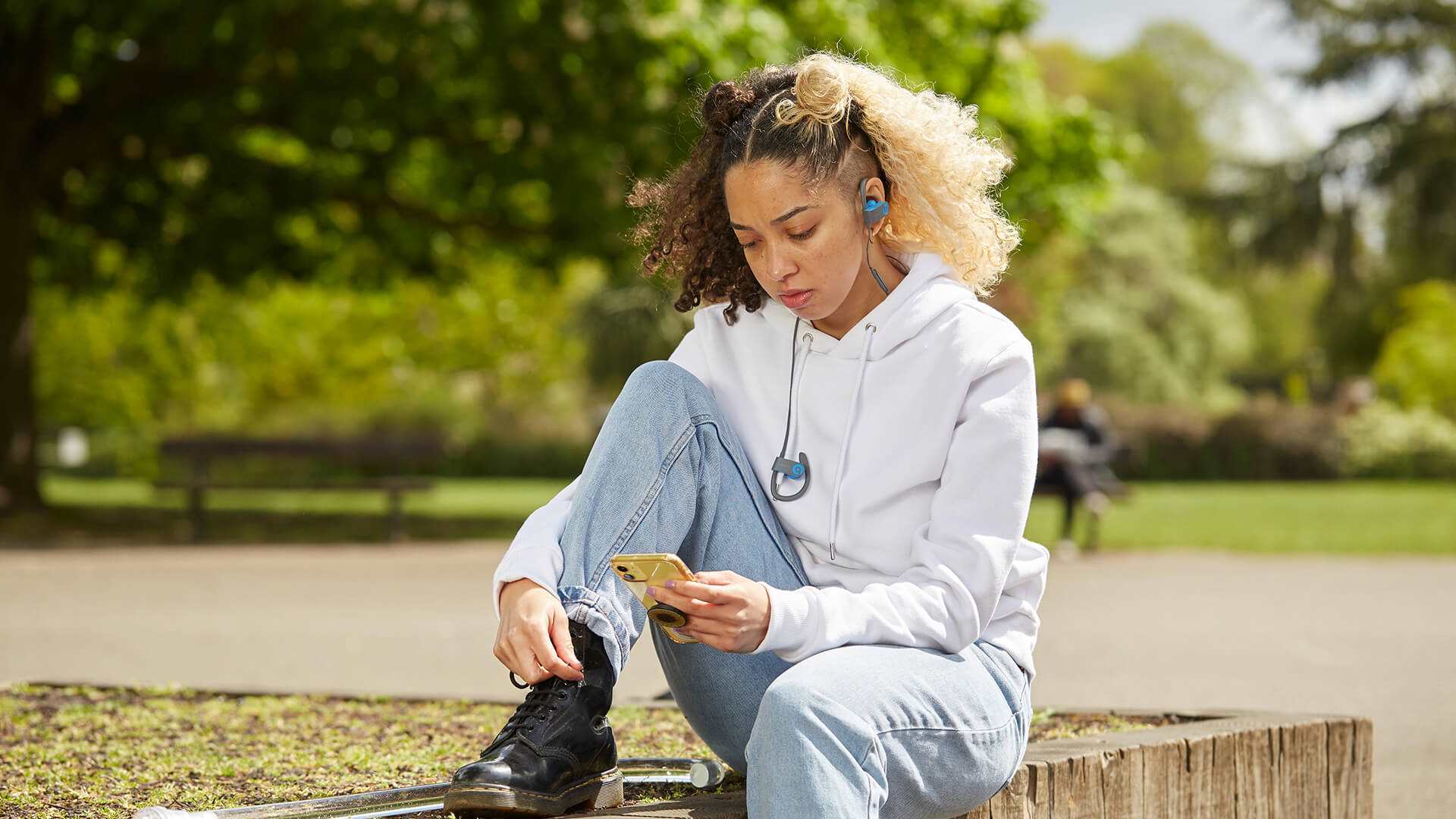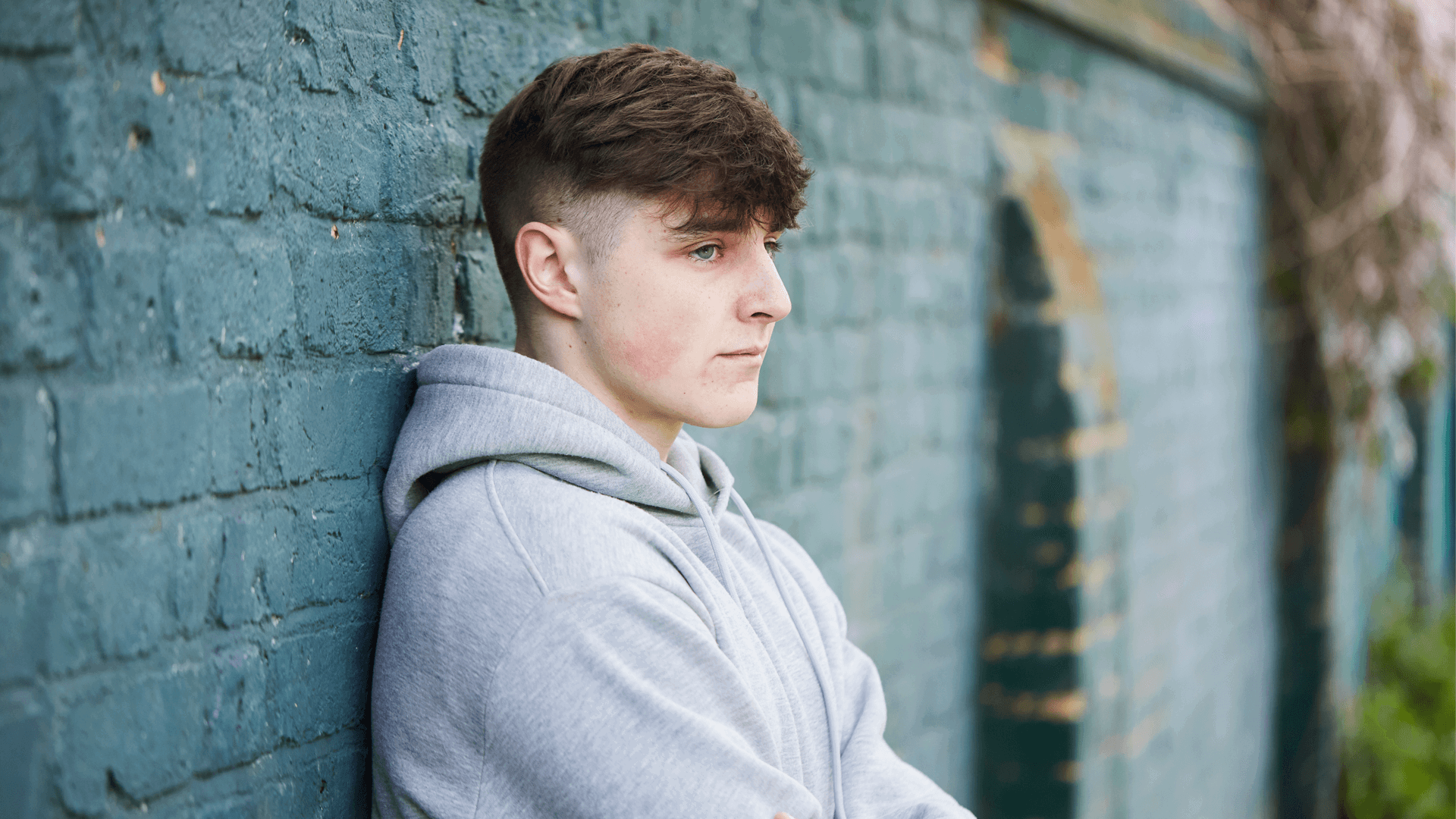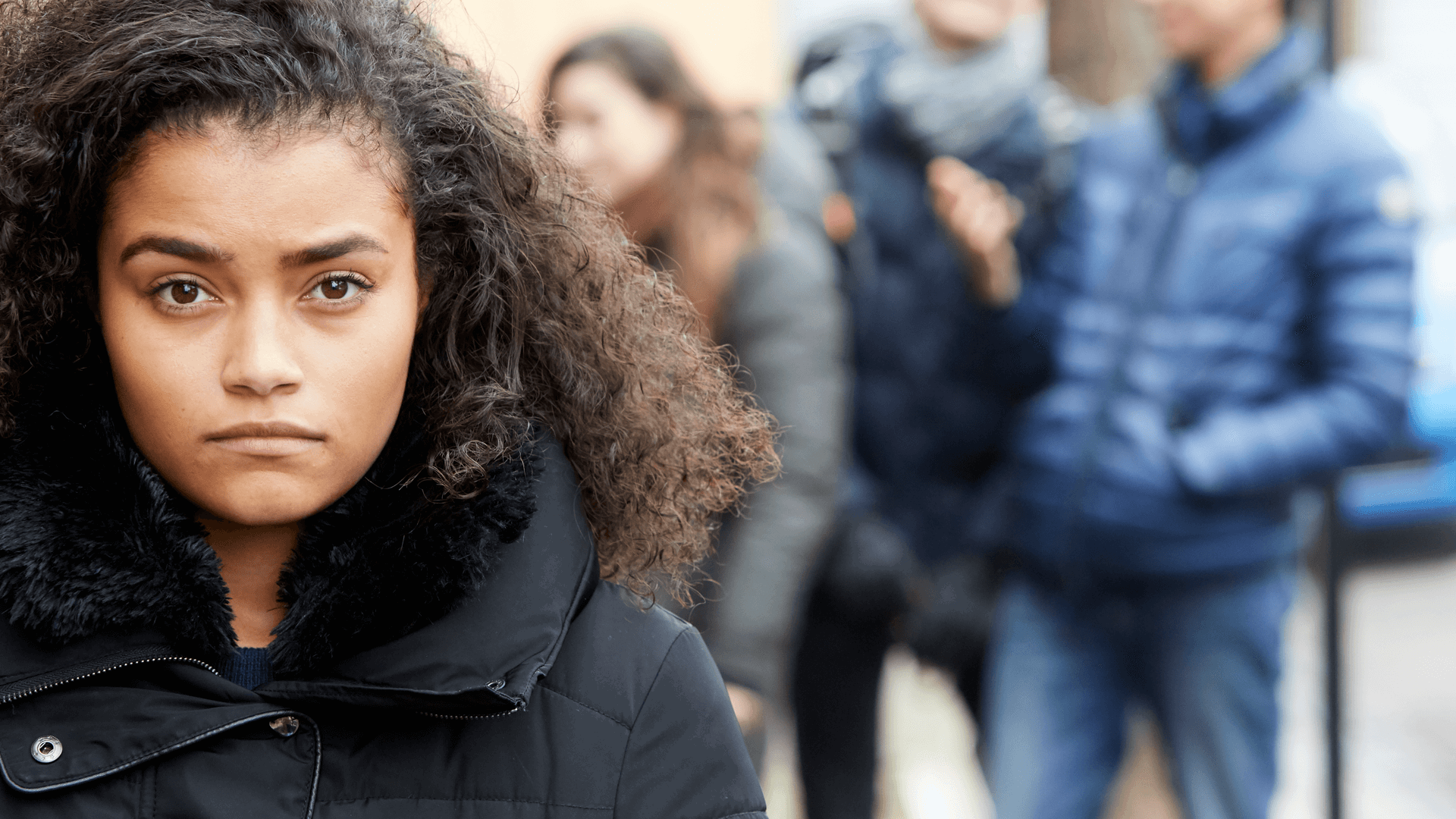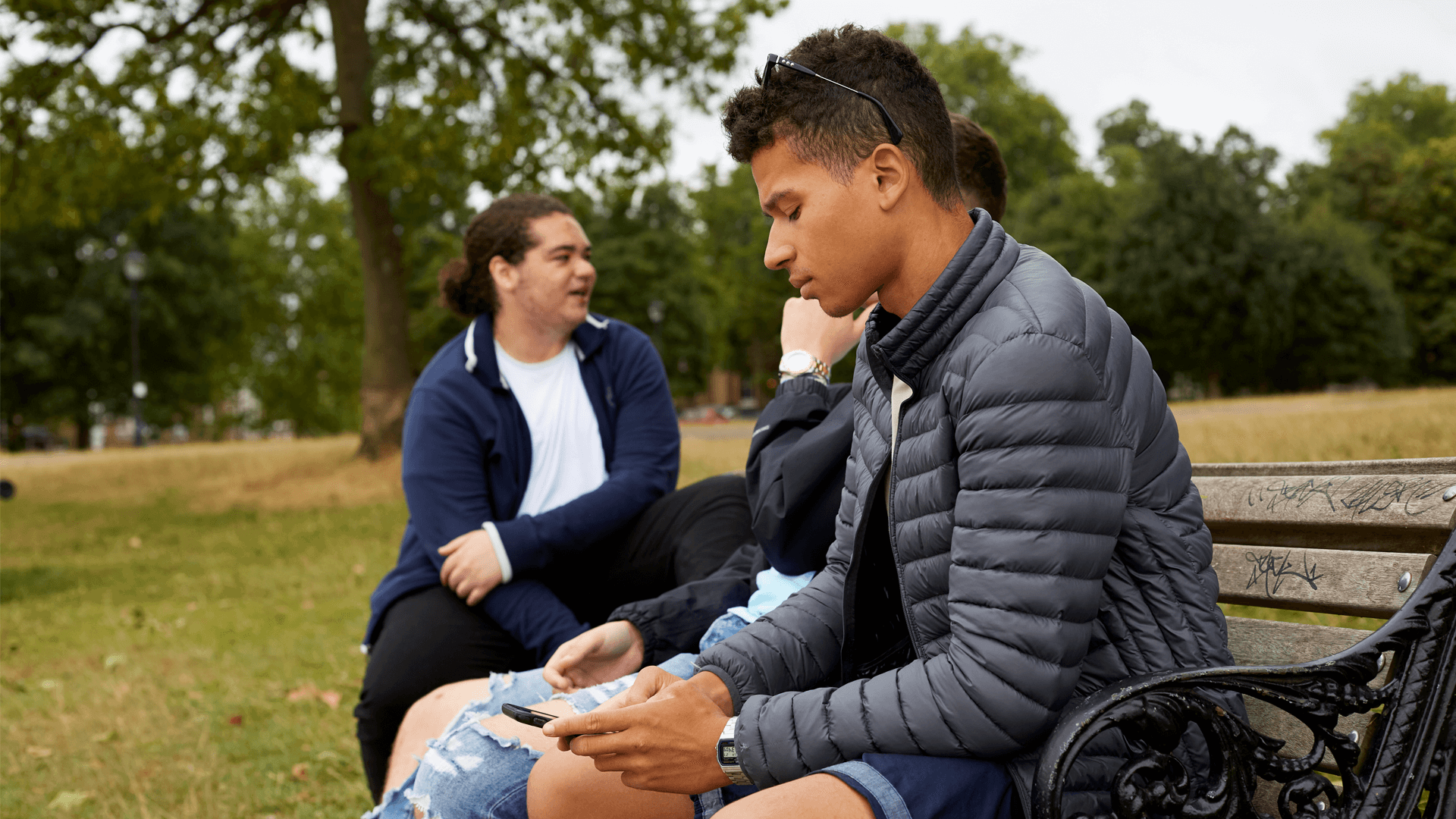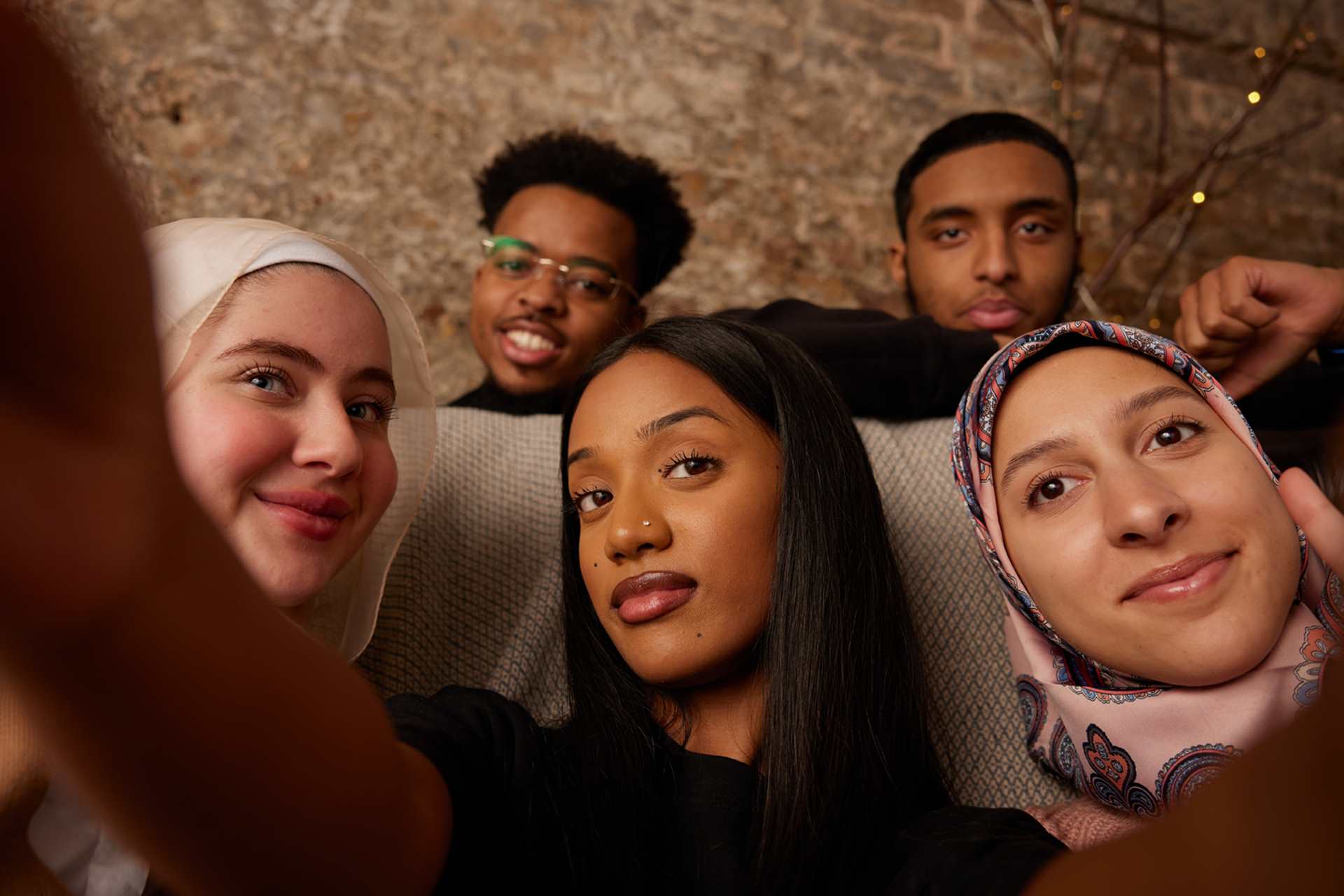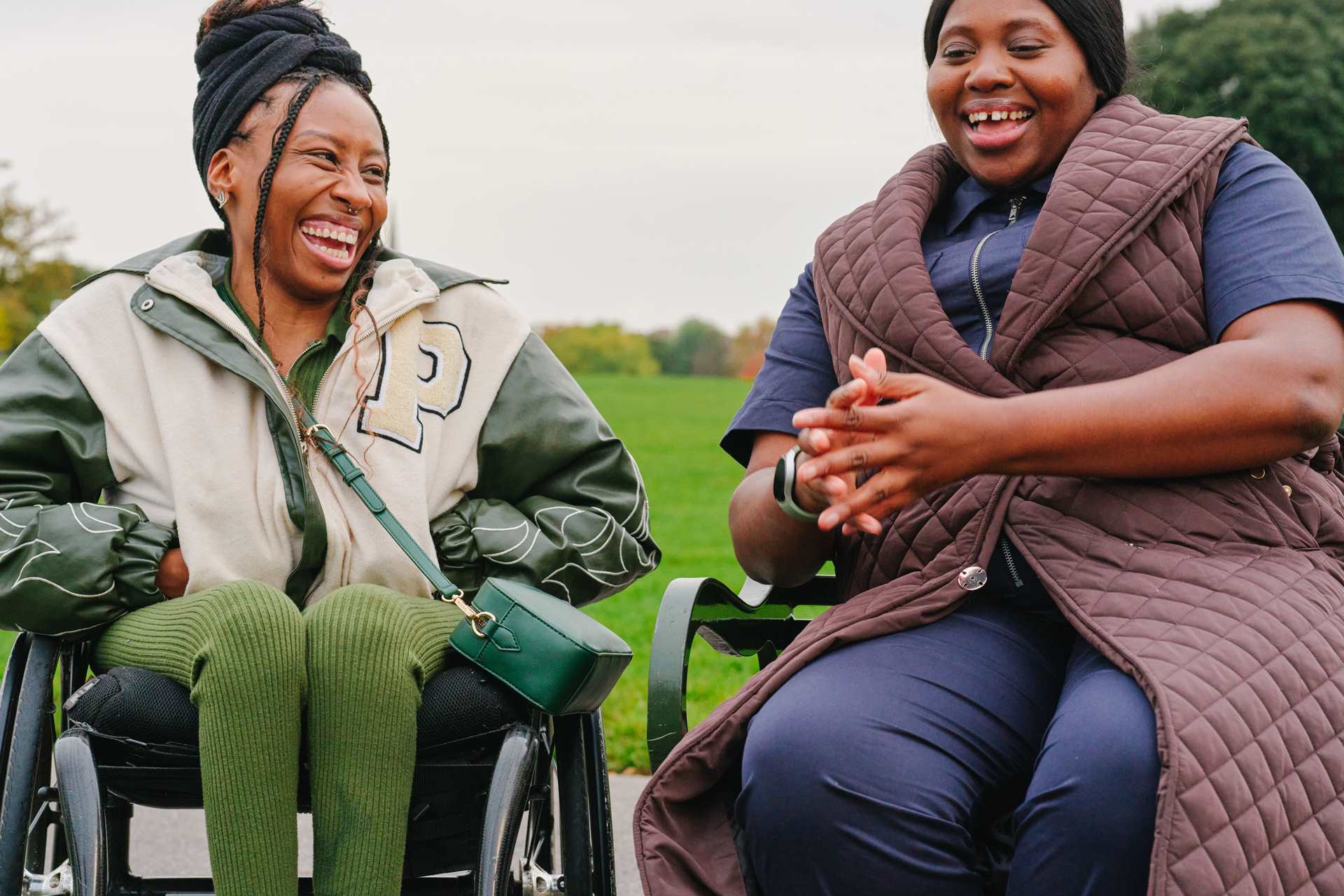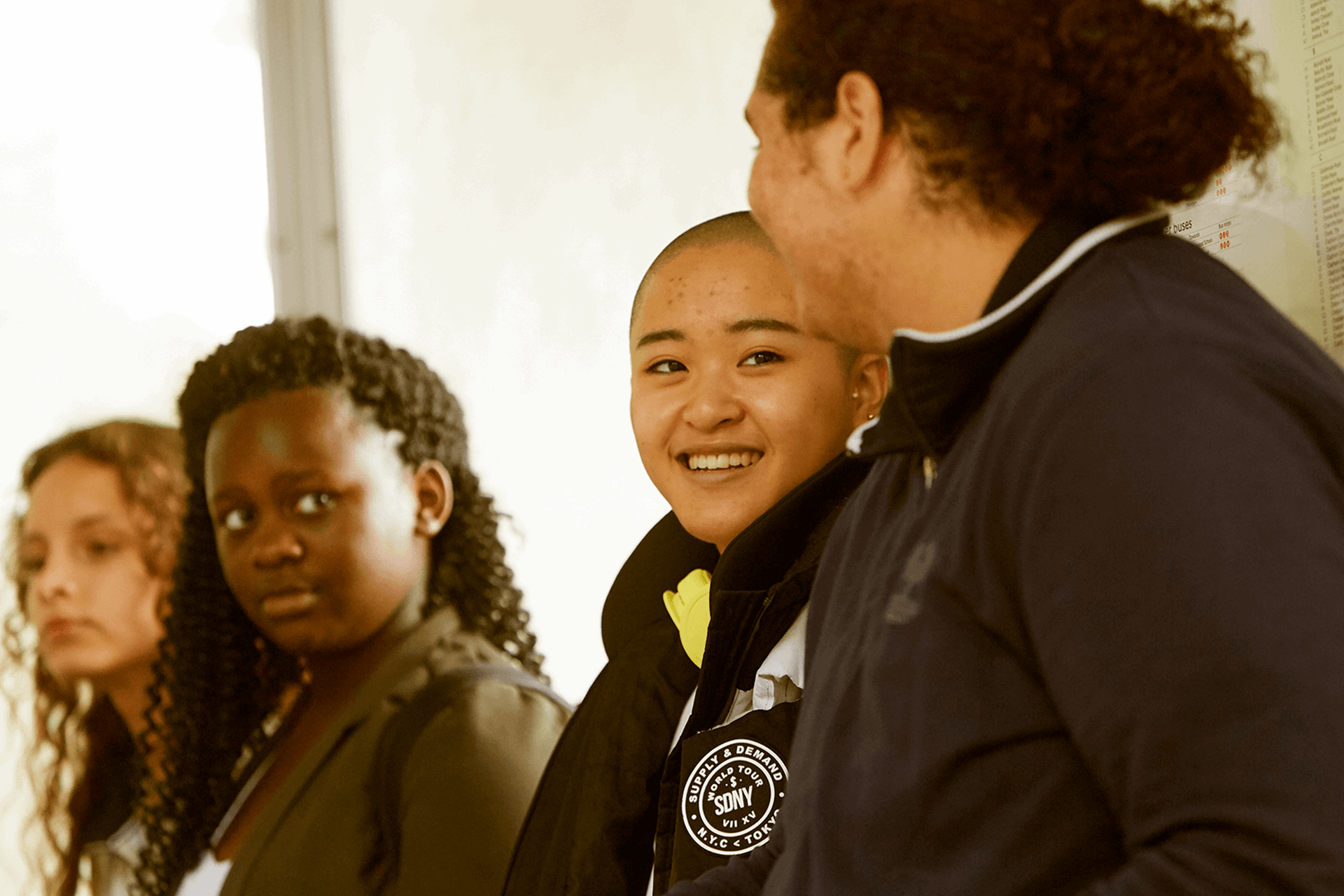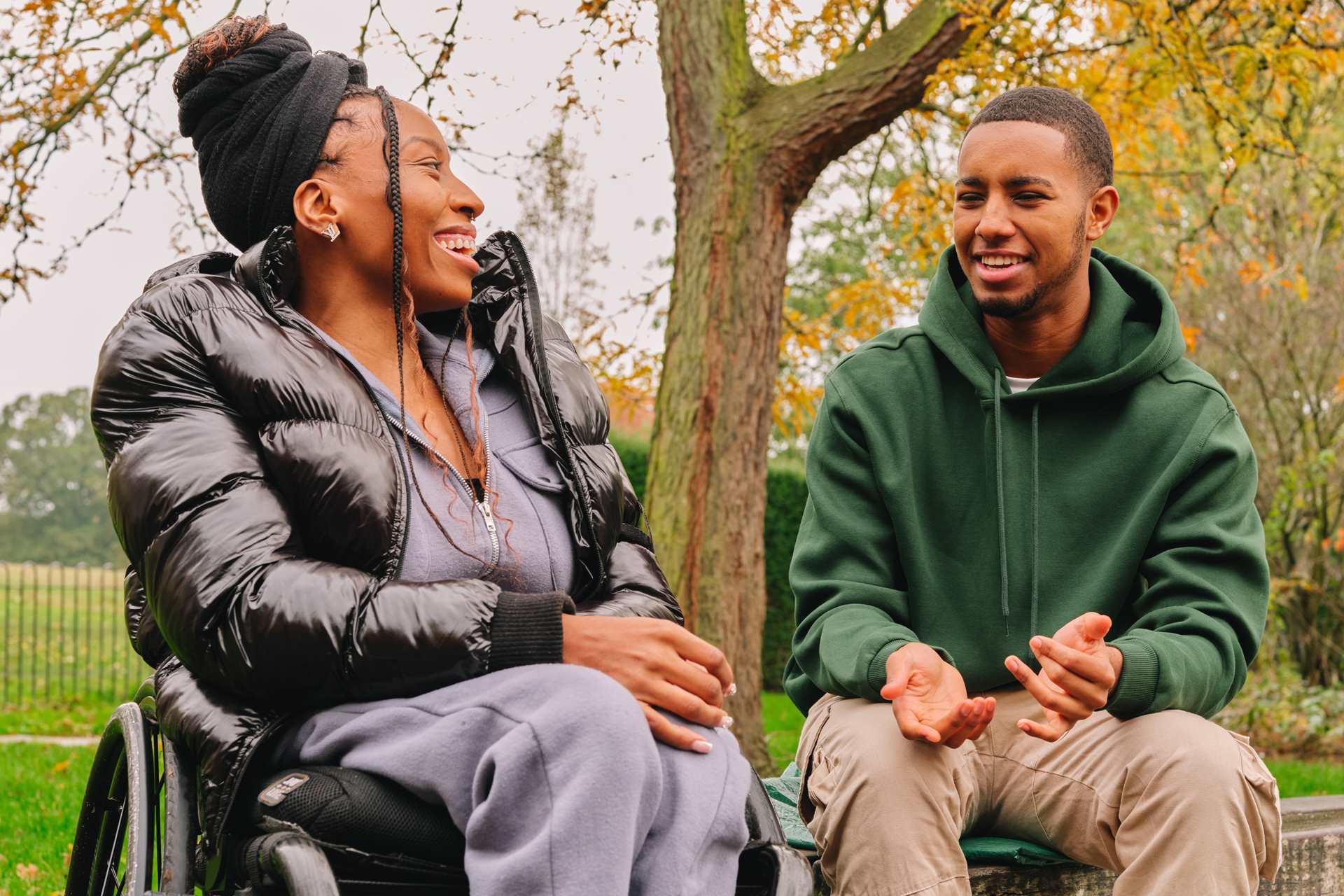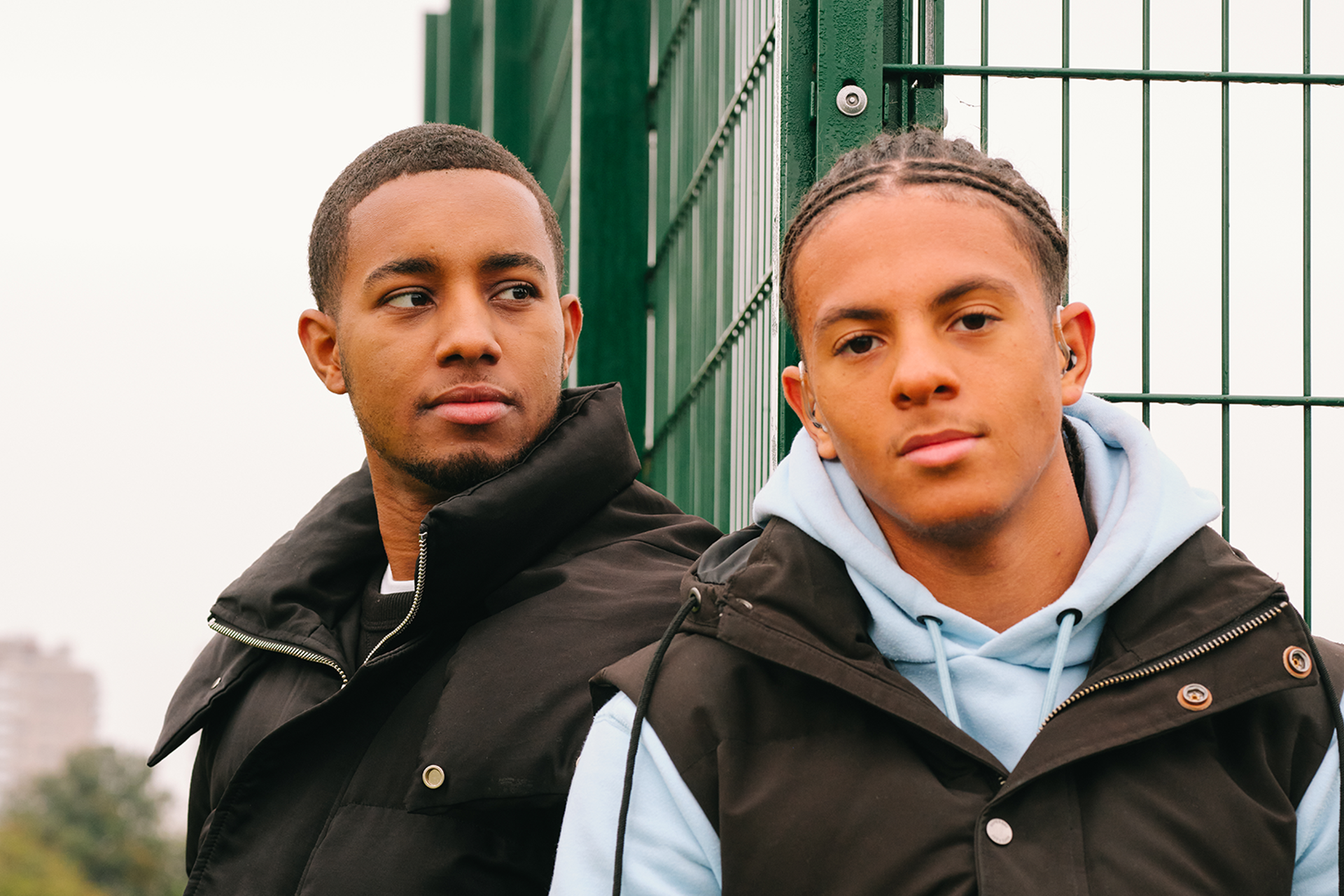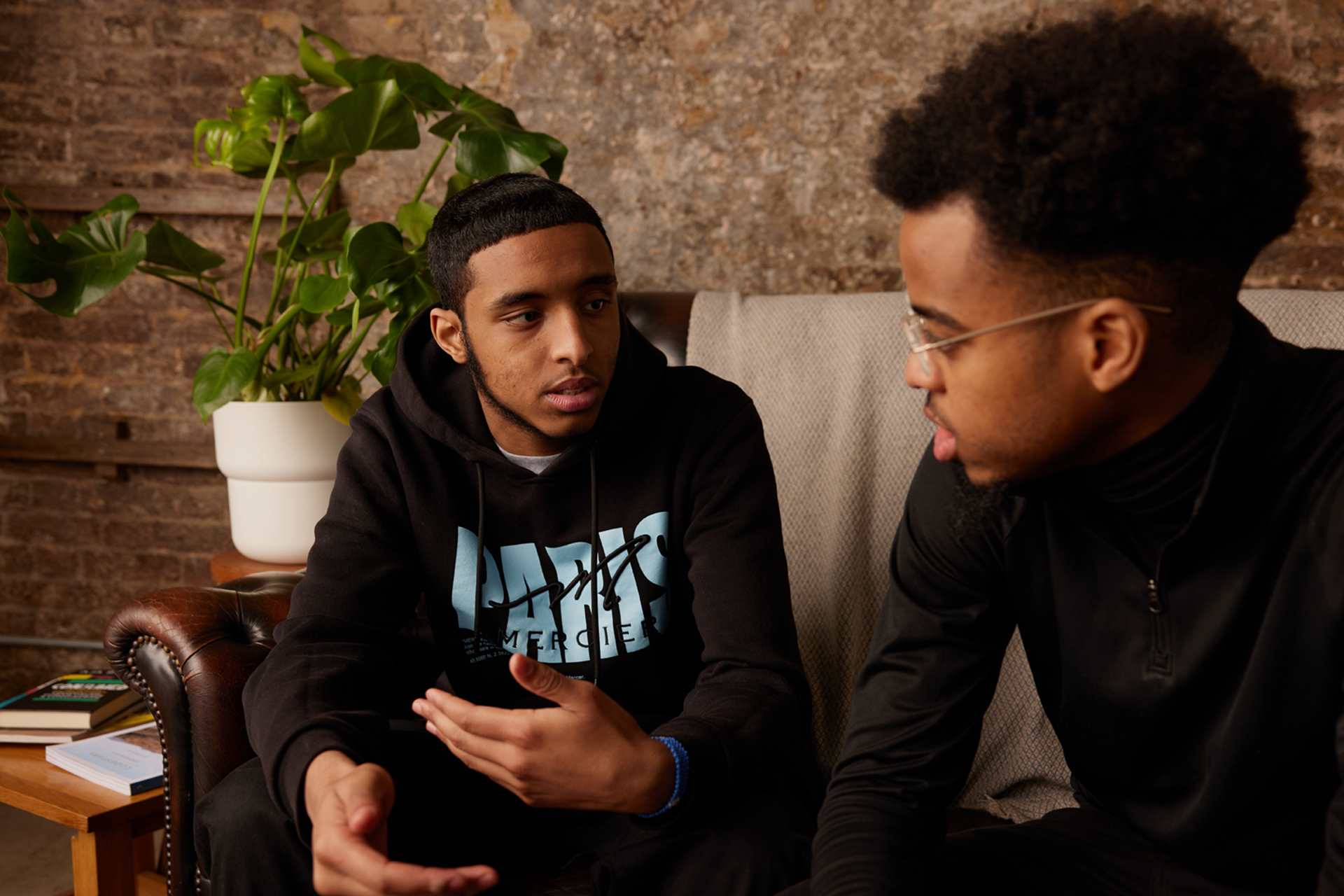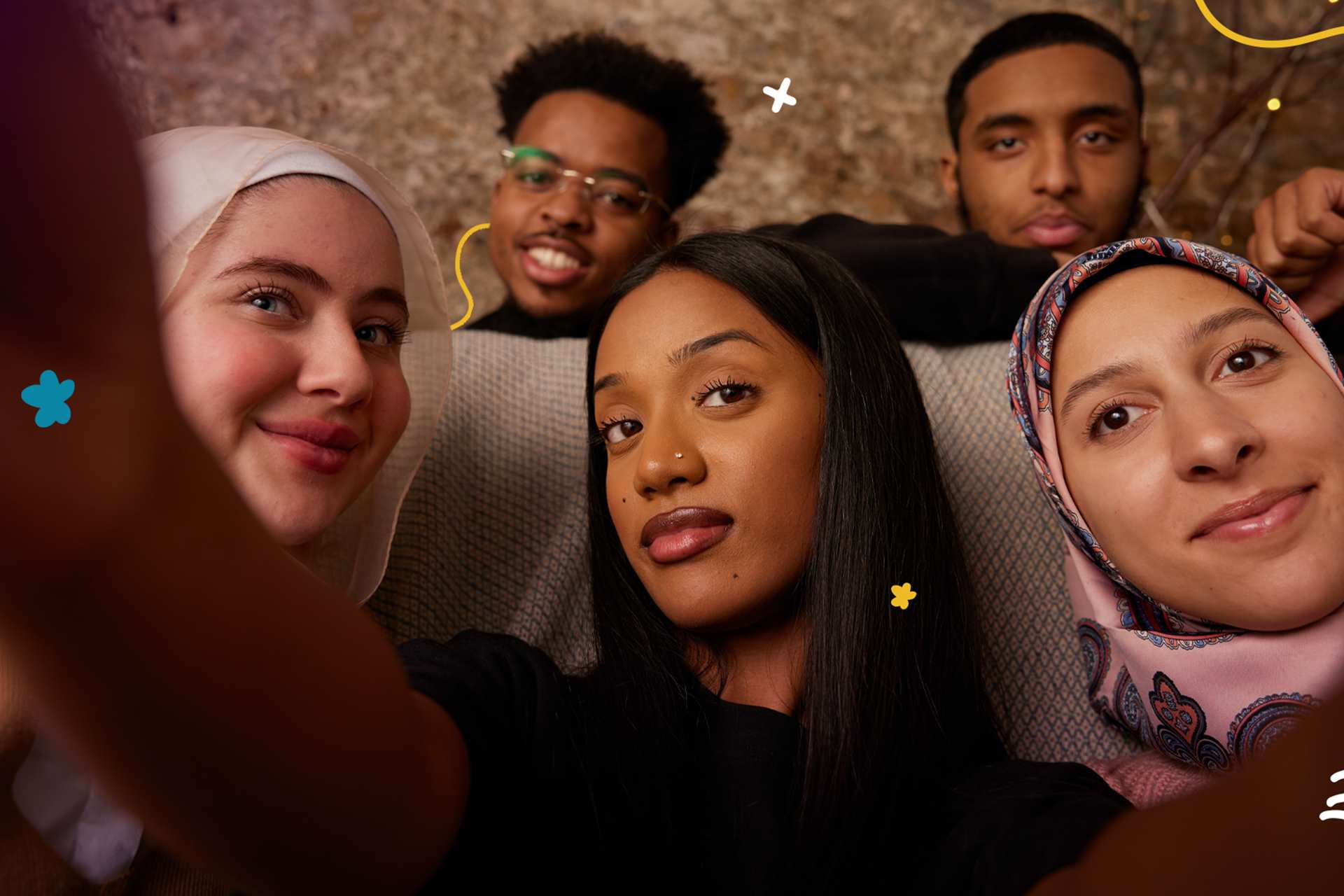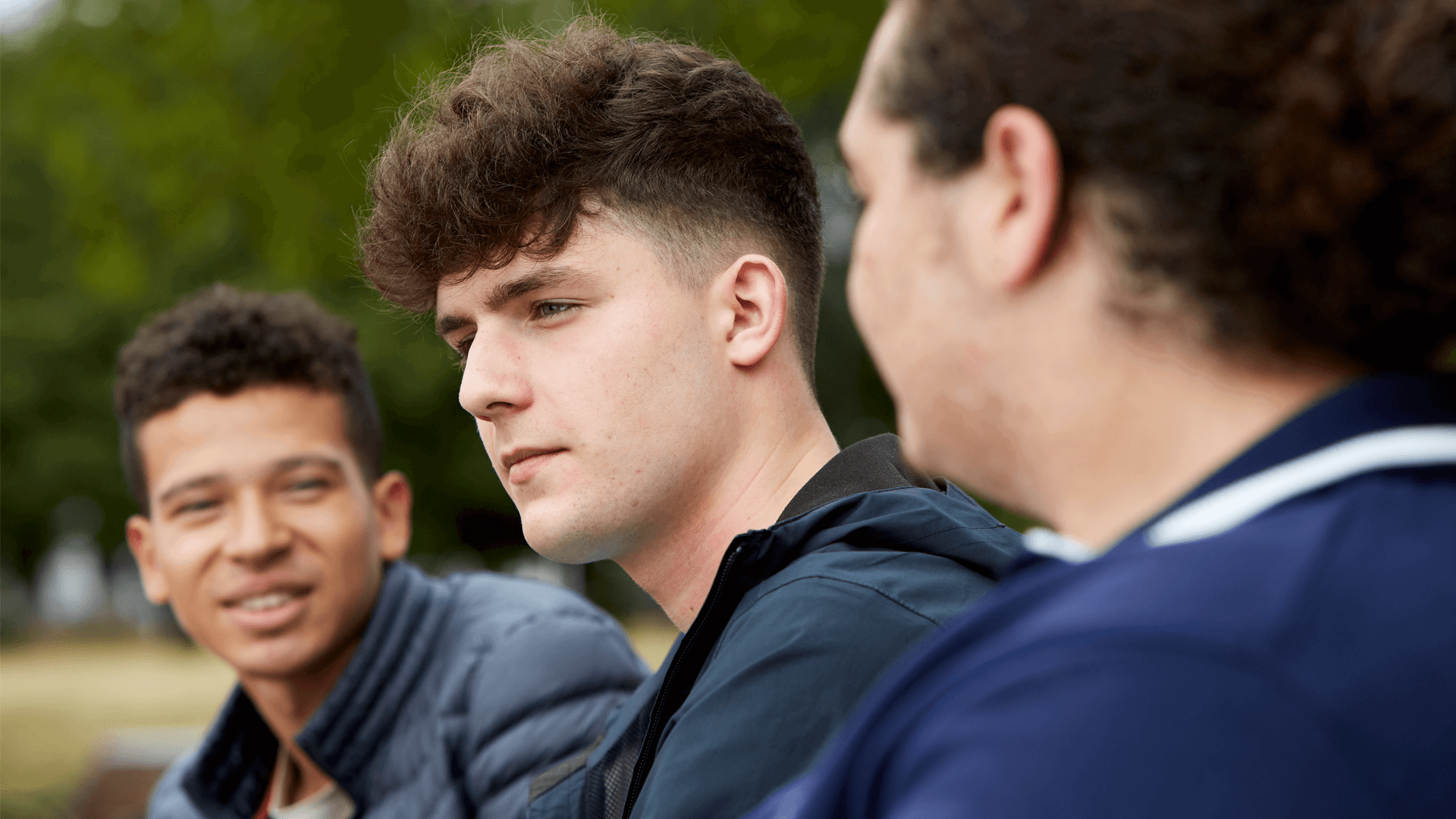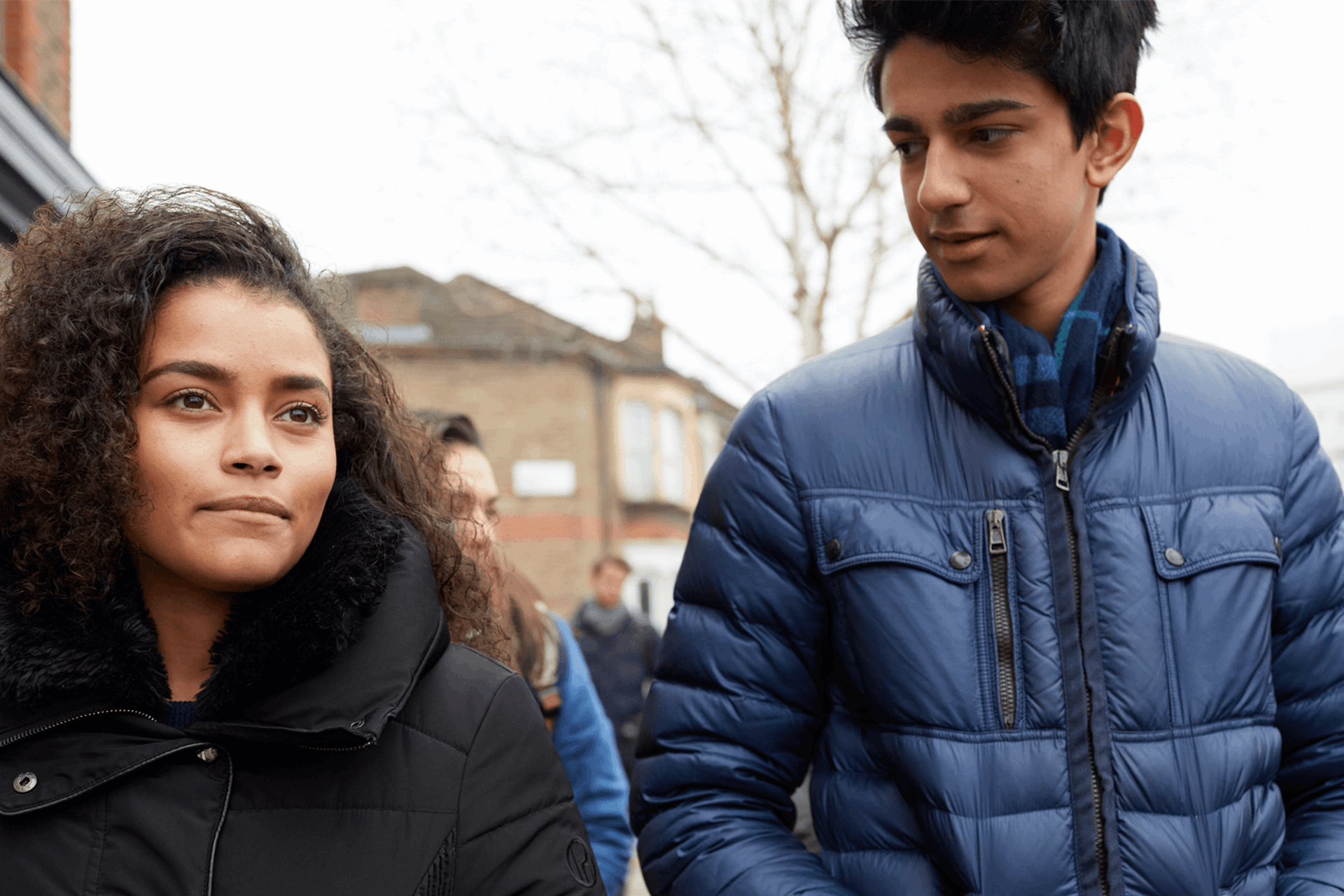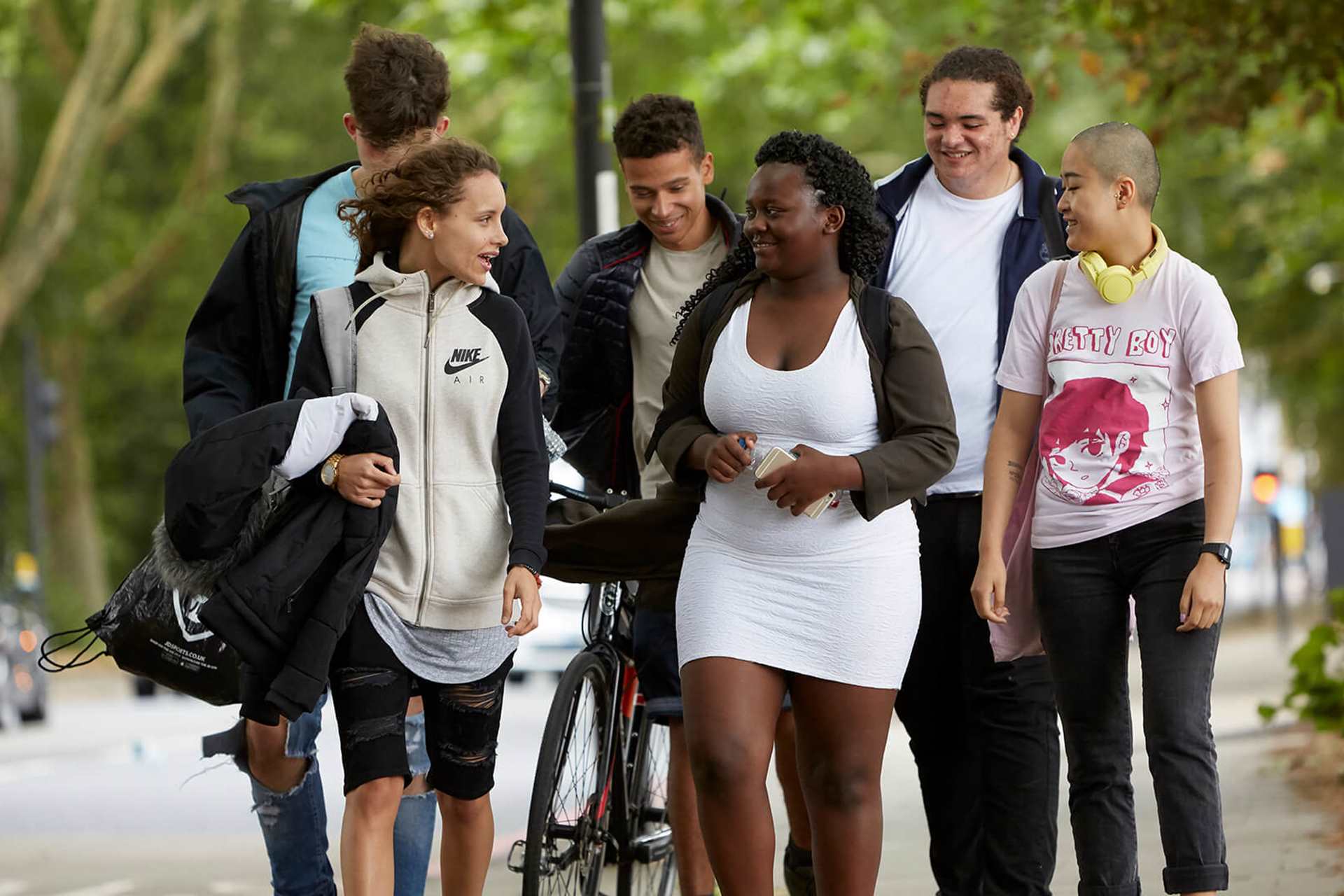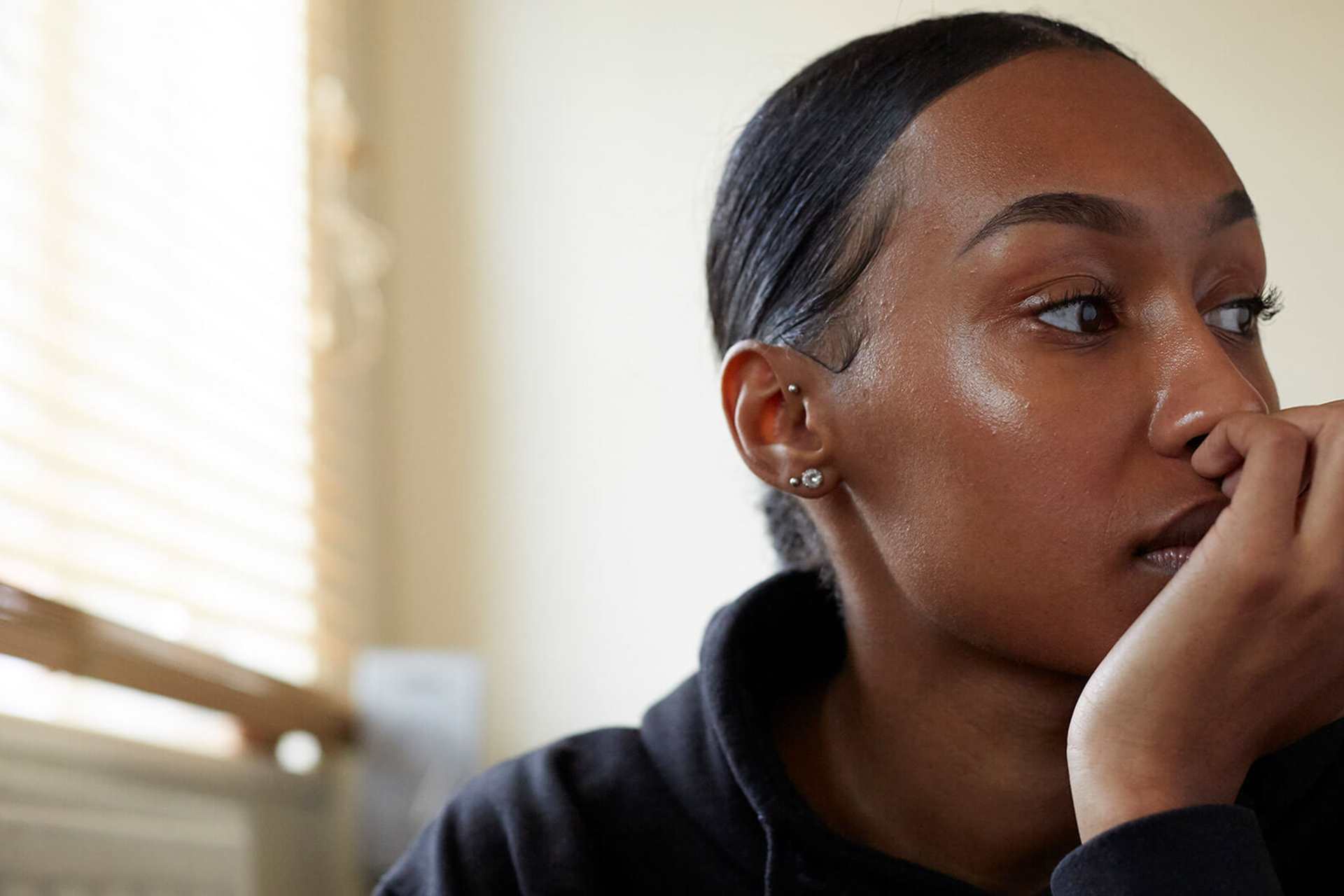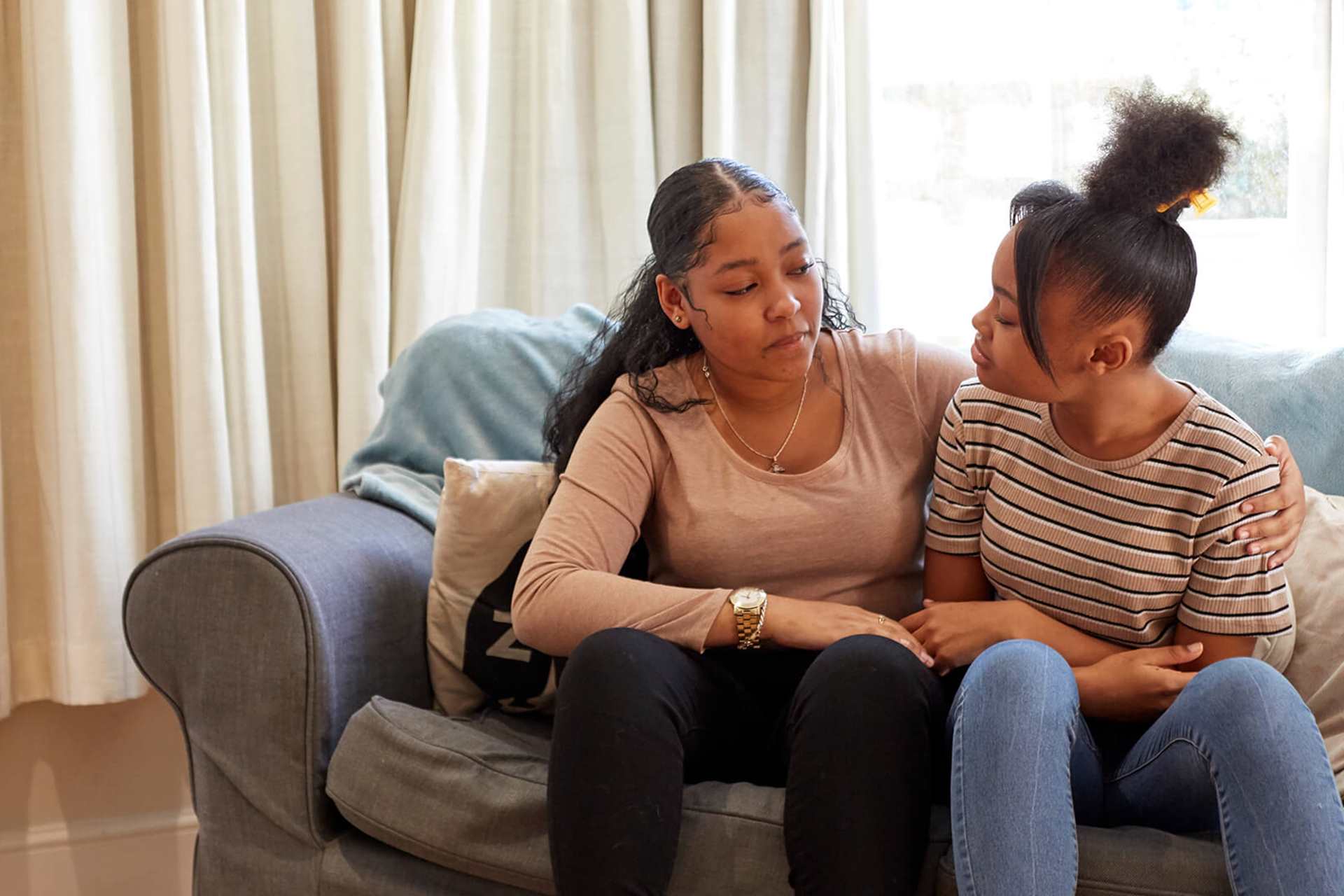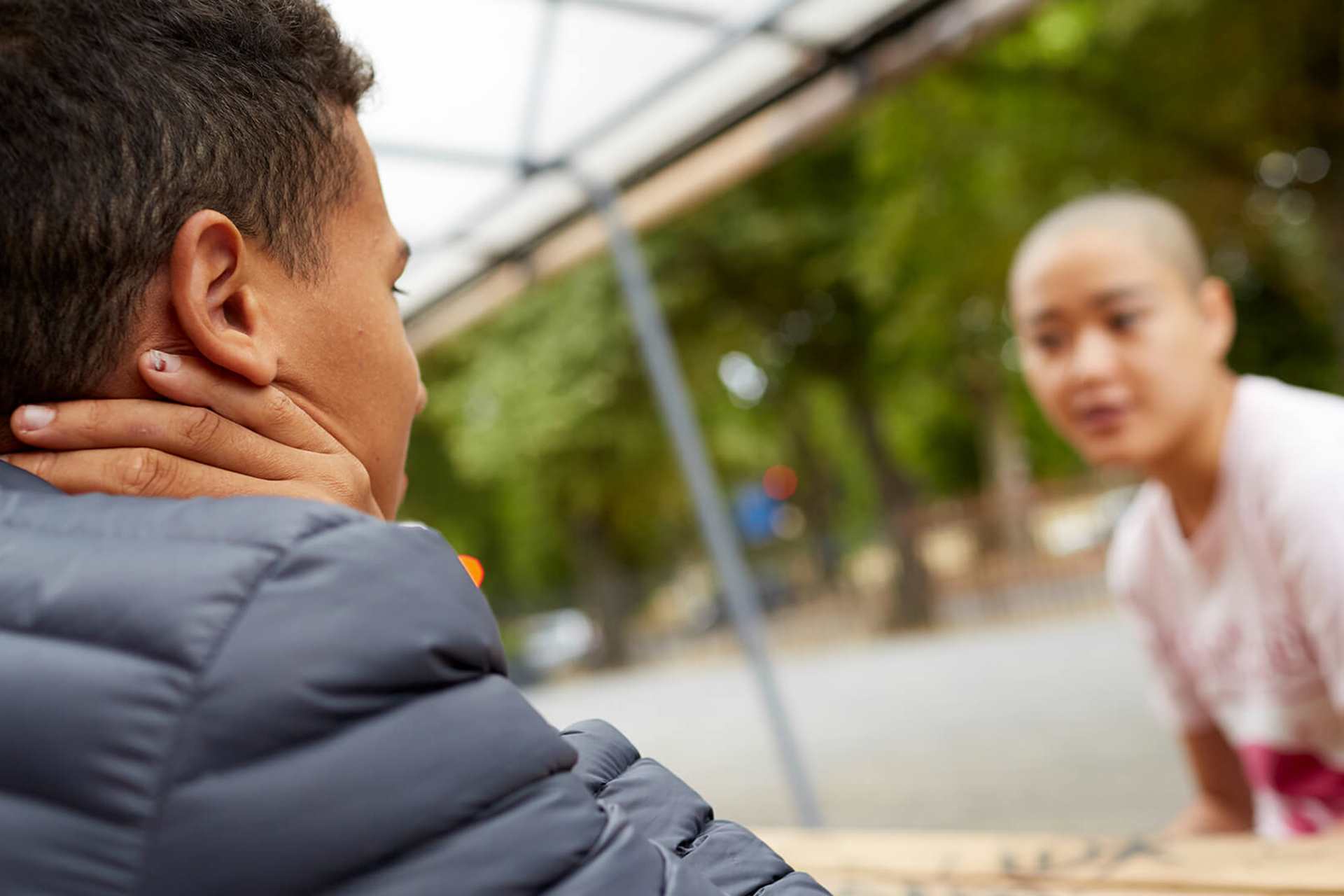Differences in sex development (DSD), sometimes called intersex, is a broad term for over 40 conditions that affect a person’s sex development. These differences can happen on the inside or outside of your body, like differences in the development of sex chromosomes, hormones, reproductive organs, the penis or the vagina.
Having a DSD/being intersex does not define your gender identity. An intersex person might identify as male, female, Transgender, Non-binary or however they choose.
People with a DSD develop in lots of different ways. Some might not have periods or not be able to get pregnant, while others might look different in their build or how they grow. But having a DSD is no different from having a variation of any other part of the body.
Sometimes, when you’re born intersex, differences in how your genitals look could be a sign of a serious medical condition. When this happens, a parent/carer might think about surgery as an option. In the UK, it’s likely that surgery will only be considered if there’s a medical need for it, not just because you look ‘different’. And even in these cases, adults/carers might be encouraged to wait until you’re old enough to be involved in any decisions about surgery yourself.
Whether you’ve had surgery or not, having a DSD could affect how you feel about your body. This can be tough. But remember that support is out there. If you need help with decisions or want to find out more, these organisations and services can support you:
Meet Anick, a young activist who shares his story of being intersex. Trigger warning: talk of suicide, surgery and blood.


